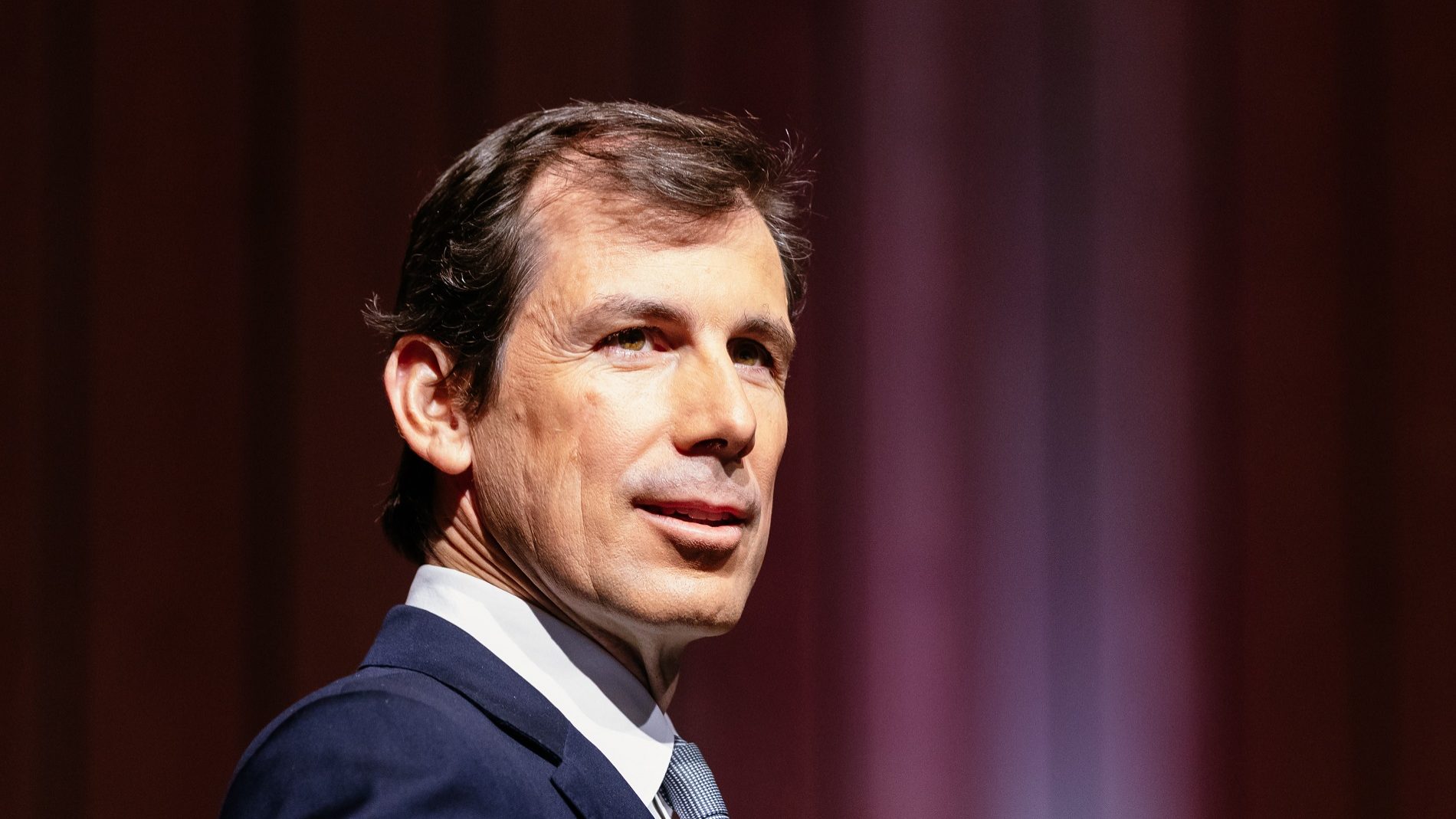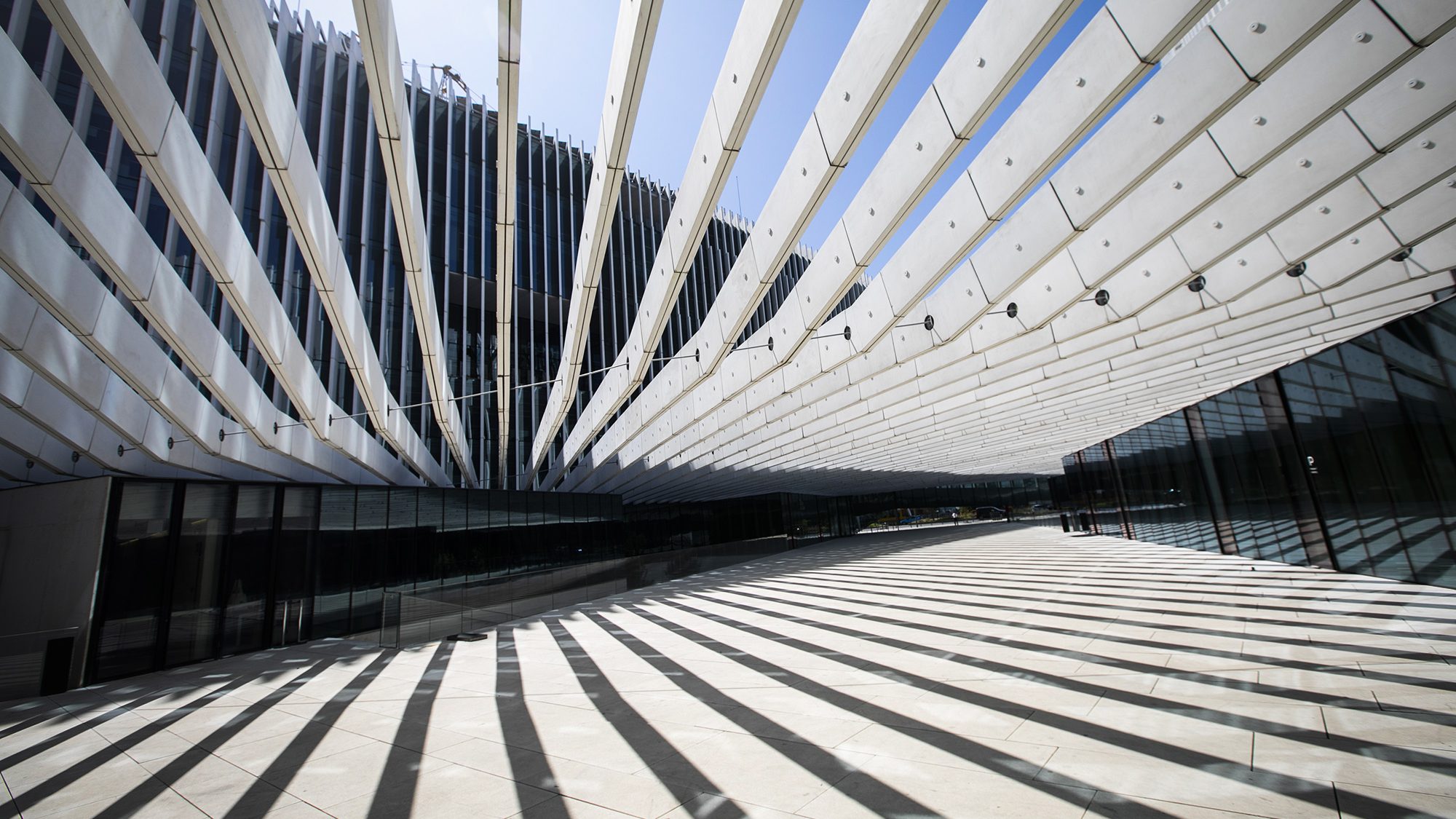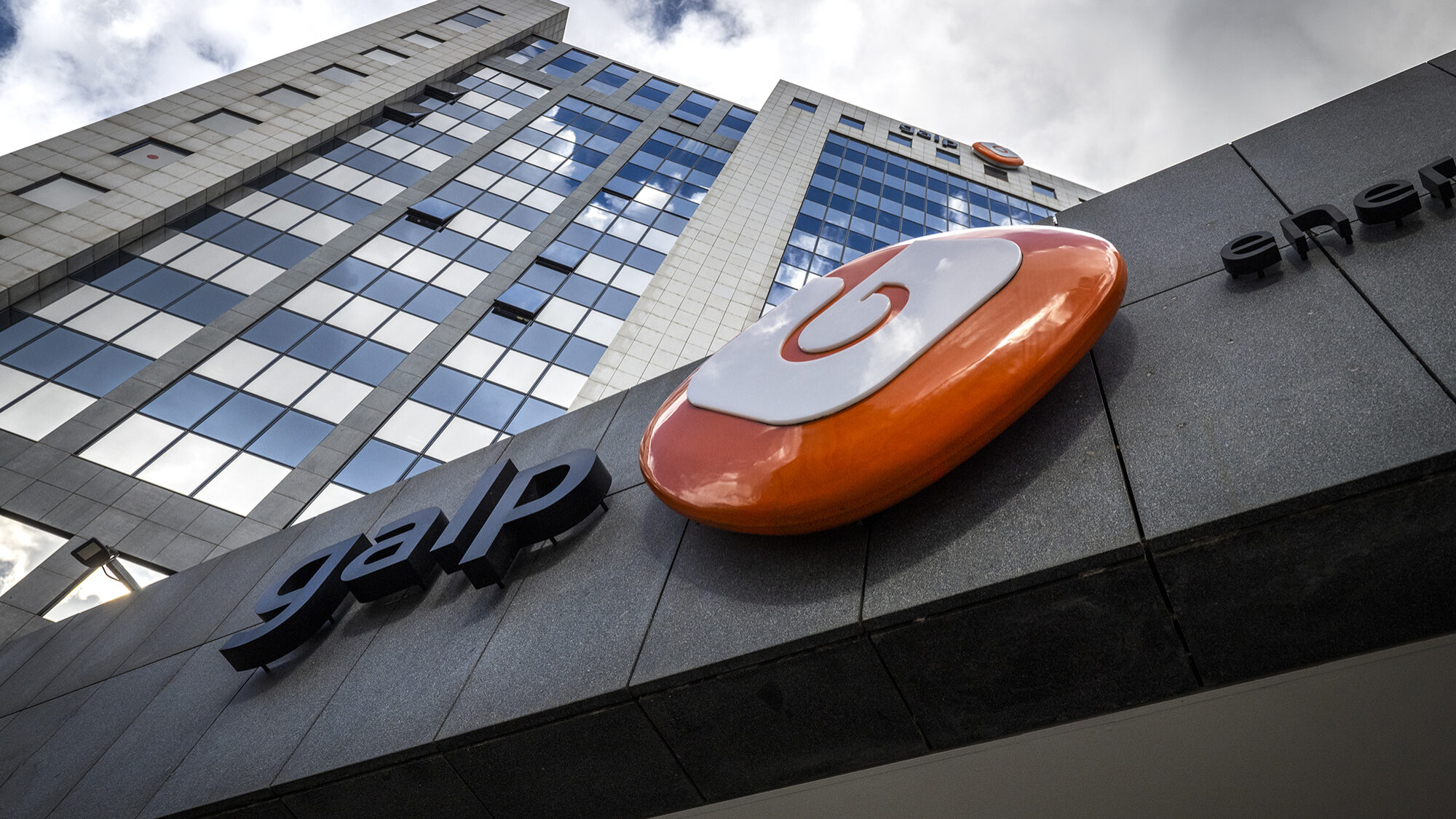EDP makes €518M profit in 9 months to September
The company reported a net profit of €518 million until September, which compares with €510 million in the same period last year.
EDP reported a profit on Thursday of €518 million in the first nine months of the year, up 1% compared to the same period of 2021, supported by the performance of renewables in Europe and networks in Brazil.
In a statement sent to the Portuguese Securities Market Commission (CMVM), EDP reported a net profit of €518 million until September, which compares with €510 million in the same period last year, supported by the activity outside Portugal, namely the positive performance of renewables in Europe and networks in Brazil.
In Portugal, losses increased to €181 million between January and September due to the extreme drought that has affected the Iberian Peninsula and affected hydroelectric production, which was 63% below average, and the increase in energy prices on wholesale markets.
Speaking to Lusa, EDP CEO Miguel Stilwell d’Andrade explained that the result “compares with a positive result last year in Portugal of €158 million”.
“As there is no water, energy is sold to customers at an already pre-fixed price that is much lower, we are having to buy this energy on the market, and this generates a loss,” the electric company leader explained.
In the third quarter, EDP posted a profit of €211 million, which represents a 26% rise compared with the €167 million profit posted in the same quarter last year.
From July to September, earnings before interest, taxes, depreciation and amortisation (EBITDA) stood at €1.0 billion.
Regarding investment, the group’s gross figure doubled in the first nine months to €5.5 billion, 96% of which was allocated to renewables and networks.
In the last 12 months, the group has installed an additional 2.7 gigawatts (GW) of renewable capacity.
“In Portugal, despite everything, we continue to invest as well, we have invested around €400 million, mostly in networks, digitalisation and renewables,” the CEO pointed out.
In terms of operating results, recurrent EBITDA increased 21%, to €3.5 billion, driven by renewables and networks, which mitigated a 55% fall in recurrent EBITDA from hydropower generation, customers and energy management operations in the Iberian Peninsula.
The group’s debt, meanwhile, rose to €15.3 billion, which, according to Stilwell d’Andrade, “has a lot to do with the acceleration of investment”, namely a “historical record of projects under construction of around 4,300 MW” and the enlargement to 29 markets, with the entry into Asia and Germany.
Asked about the European Commission’s proposal to establish a temporary ceiling of €180 per megawatt-hour (MWh) for electricity produced without resorting to gas but from sources such as renewable and nuclear, foreseeing the collection of revenues above this limit, the CEO considered that it might end up being “redundant” in Portugal and Spain, as the so-called Iberian mechanism was already being applied.
That mechanism sets a limit of €40 per MWh on the price of gas for electricity production, which makes inframarginal technologies, such as renewables, have a lower price.


